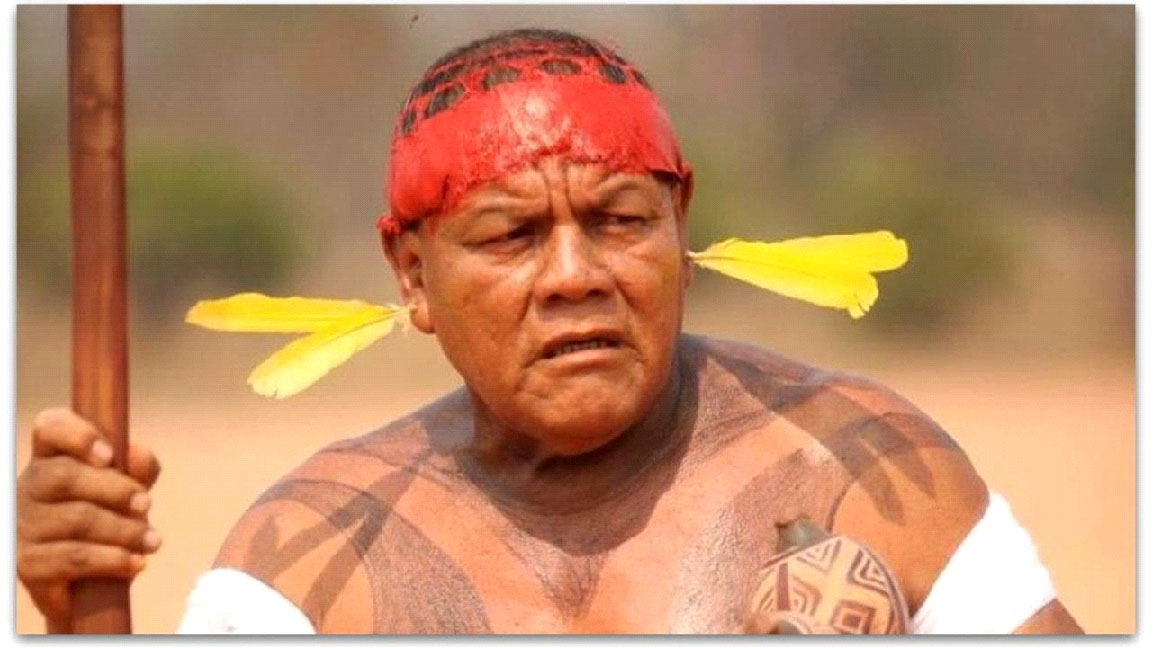GOIANIA, Brazil, (Reuters) – Chief Aritana Yawalapiti, one of Brazil’s most influential indigenous leaders who led the people of Upper Xingu in central Brazil and helped create an indigenous park there, died on Wednesday from COVID-19, his family said in a statement.
His death underscores the threat that Brazil’s indigenous people are facing from the novel coronavirus pandemic that has spread to their vulnerable communities, infected thousands and killed hundreds.
Aritana, 71, was rushed to a Goiânia hospital two weeks ago in a risky 9-hour drive from the western state of Mato Grosso, breathing with the aid of oxygen tanks so that he could get to an intensive care unit. He died at the hospital from lung complications caused by the disease.
His doctor Celso Correia Batista, who serves the indigenous people in the Xingu region, first drove Aritana 10 hours to the small Mato Grosso town of Canarana, where his lung condition deteriorated.
With no ICU and unable to find a doctor willing to transport Aritana by air, Batista decided to drive on to Goiânia.
One of the most traditional indigenous leaders in Central Brazil, Aritana led the people of the Upper Xingu and was one of the last speakers of the language of his tribe, Yawalapiti.
Aritana worked with the Villas-Bôas brothers to create the Xingu National Park, the first vast protected indigenous area in the Amazon where 16 tribes live.
According to Brazil’s largest indigenous umbrella organization APIB, 631 indigenous people have died from COVID-19 and there have been 22,325 confirmed cases in the community so far.
The Ministry of Health reports a smaller number of 294 deaths among indigenous people and 16,509 confirmed cases, because it does not count indigenous people who have left their lands and moved to urban areas.
Half of Brazil’s 300 indigenous tribes have confirmed infections.









